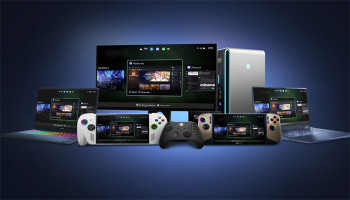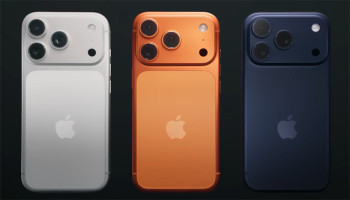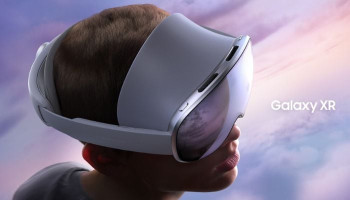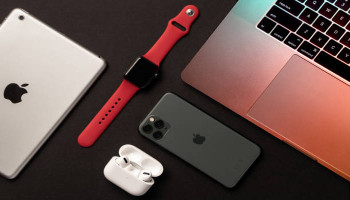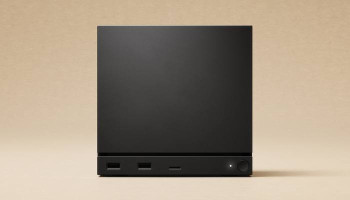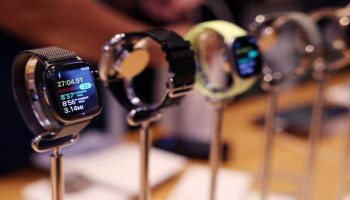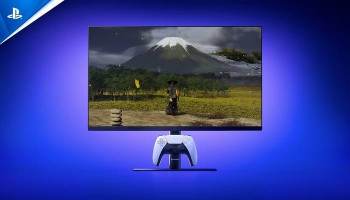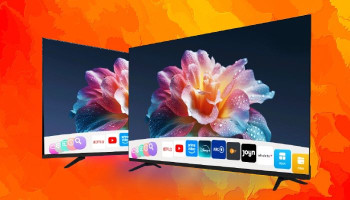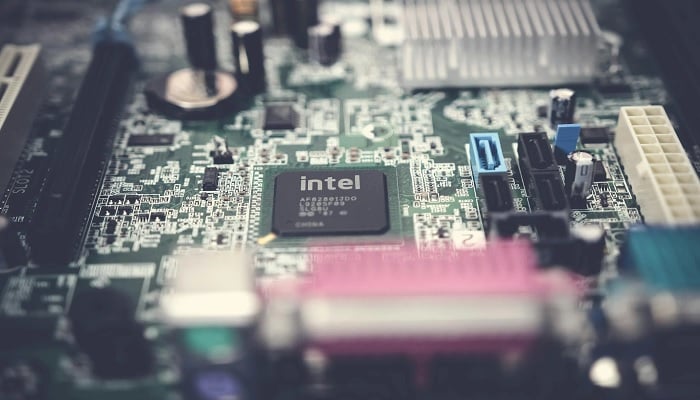
When you're piecing together your own PC, the choices you make are pivotal in shaping its performance and functionality. The heart of this decision-making process? Choosing between an AMD or Intel processor. It's not just about brand loyalty, it's about finding the right fit for your specific needs, be it for gaming prowess, multitasking efficiency, or balancing cost and power.
Here's my take on this: AMD and Intel have been locked in a processor power struggle for ages. Remember the days when Intel was the undisputed champ of processors? Fast forward to 2017, and AMD drops the Ryzen line, shaking up the CPU landscape.
Now, we're looking at a neck-and-neck race between AMD's Ryzen 7000 series and Intel’s 14th-gen Meteor Lake and Raptor Lake Refresh chips. Both brands are dishing out some serious computing muscle, with specs and speeds that are nothing short of breathtaking.
Read more: Intel reveals next-gen vPro CPUs — Empowering business PCs with AI muscle
Price-wise, both AMD and Intel offer a wide spectrum. You've got your high-end beasts and budget-friendly options. For instance, AMD's Ryzen 9 7950X is a powerhouse with a price tag to match, while Intel's Core i9-14900K brings the heat without burning a hole in your wallet. But don't just get caught up in the core and clock speed numbers. Performance is more nuanced than that, especially when you're weighing options for specific tasks like gaming or video editing.
Speaking of gaming, AMD's 3D V-Cache CPUs are grabbing the spotlight. They've tweaked the cache layout for a notable bump in gaming performance. But remember, this can dial back productivity performance a bit.
And let's not forget the laptop space. It's a whole different ballgame here. AMD's Ryzen 6000 and 7000 series are giving Intel's Raptor Lake chips a run for their money, especially in terms of battery efficiency.
In the end, it boils down to what you're looking to get out of your PC. Whether it's gaming, heavy-duty content creation, or just everyday browsing, both AMD and Intel have solid offerings. It's all about finding that sweet spot for your particular needs. And hey, with new chip generations always on the horizon, keeping an eye on the future doesn't hurt either.






